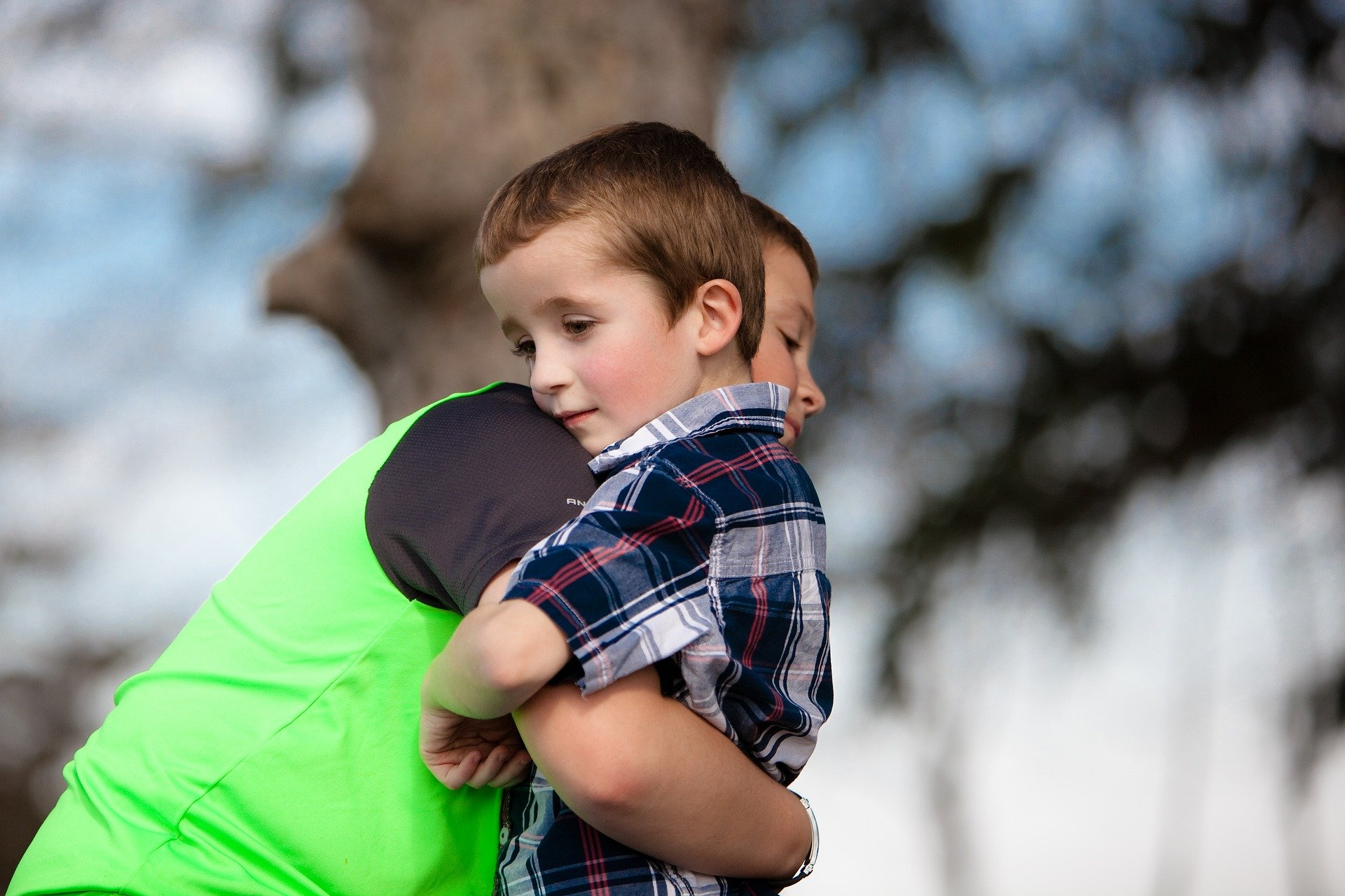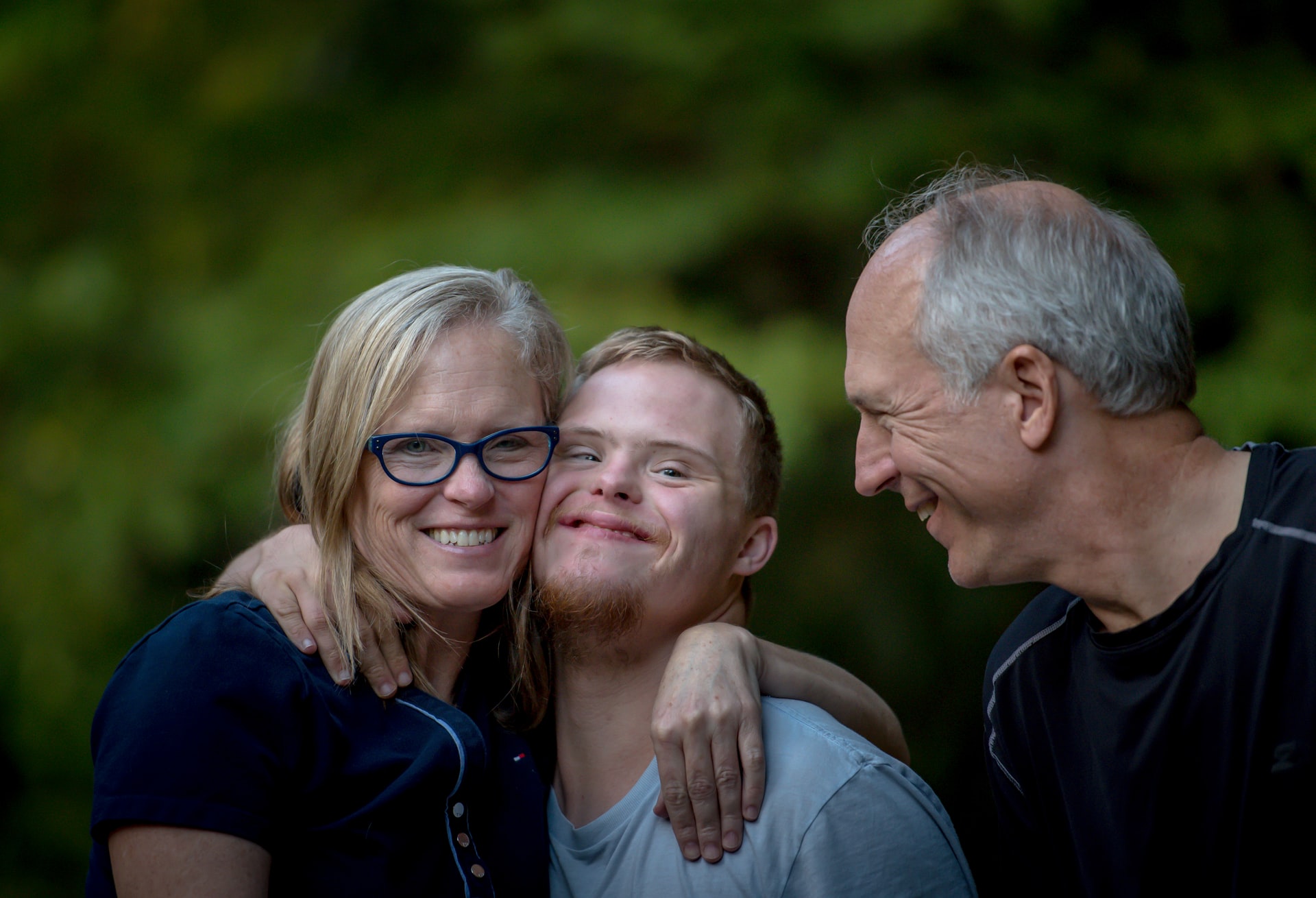
When it comes to children with special needs and their early learning experience, the most important thing that an educator needs to focus on is that – first and foremost, children are children.
Each one is unique. Each has individual needs and each has an innate curiosity and ability to learn. Crucially, every child has a right to quality early education. It is a vital step towards their social, intellectual, and emotional development and wellbeing.
Understandably, however, some educators may have concerns and queries about how best to prepare and support a child with special needs.
Diagnosis is Daunting
There are many different and often complex, diagnoses to understand. And the challenges may seem daunting at first. But an educator who looks beyond the label, who focuses on inclusion and engagement can help a child go a long way. If modifications are made to the learning environment to support a child with developmental or intellectual challenges, an educator is likely to achieve positive outcomes.
What are the Ways to Help Children with Special Needs
The best start in preparing Children with special needs for early learning is through an open, collaborative approach with parents and specialists. Everyone in the child’s community is important to his or her learning and growth. It is necessary to prepare the child’s parents and the child. And also the educator, and the other children at the early learning center as thoroughly as possible. It helps to ease the child’s transition to school and to achieve the best possible results.
For example, parents can talk positively to the child about starting school. They can read books together about what to expect, get the child excited with an interactive ‘countdown calendar’. They can also visit the early learning center beforehand, and meet the educators and support team.
Here are some key fundamentals for making learning environments more inclusive and for educators to help each child reach their full potential:
Have a Collaborative Approach
Tap into the specialist knowledge and experience of the child’s parents, caregivers, consultants, and specialists upfront so you can gain a better understanding of the situation, set goals, and evaluate progress. Communication between all members of the child’s wider support group needs to be open and honest – and it needs to be ongoing.
Modify the Learning Environment
Small things can make a huge difference. For example, painting or drawing using an easel can be easier for a child with motor development challenges than working on a tabletop. So make practical adaptations wherever appropriate. Ensure that furnishings and props in the classroom and outside are appropriately located. This way a child with visual or physical disabilities or who is in a wheelchair can maneuver around them with ease.
Keep an eye out for obstacles, barriers, or tripping hazards like a loose mat. Modifying equipment and resources to facilitate and encourage their use is also really important. For example, putting grips on pencils, knobs on puzzle pieces, and tabs or giant paper clips on the pages of books.
Create Appropriate Classroom Spaces
Additional lighting may help someone who is visually impaired. A dedicated quiet space can be beneficial in calming an overactive or aggressive child.
Have a Visual Representation of the Daily Routine (using pictures etc)
This will help a special needs child understand what the day involves. If they are aware of it, it will help them to move between activities more easily.
Encourage Peer Support for Children with Special Needs

Organizing the children to play in pairs or groups will help make the child with special needs feel included and valued. And always be mindful of their physical location in the classroom and the playground. This will help to ensure that they aren’t isolated or excluded. For example, put a child in a wheelchair in the middle of a group, not on the periphery.
Find Tools and Activities that Promote Interaction and Friendship
If the child is non-verbal or has communication challenges, provide alternative options like picture cards or symbols. And teach all the children how to use these. It’s also vital that a culture of inclusion and acceptance is promoted at all times. If a child has questions about anyone’s differences that these are answered honestly and openly.
Be a Positive Role Model

Be a play partner with the special needs child to demonstrate appropriate behavior.
Focus on the Child as a Whole, Rather than on the Disability
Choose activities that support their strengths and interests and encourage independence and self-help wherever possible.
Choosing the right school for your special needs child is an important decision and you should consider all the options carefully. You may want to consider an early education center that is inspired by the Reggio Emilia approach because it’s very child-centric.
Each child is treated equally, each child is considered unique and each child matters. And centers like Treasured Tots Early Education in Bibra Lake strive to provide loving care and rich education that focuses on individual development and learning in a family. It is focused, cooperative, inclusive, and very supportive.
Hope you found the article informative and useful. Please leave your comments and advice as it would be very helpful for fellow parents.
Leave a Reply